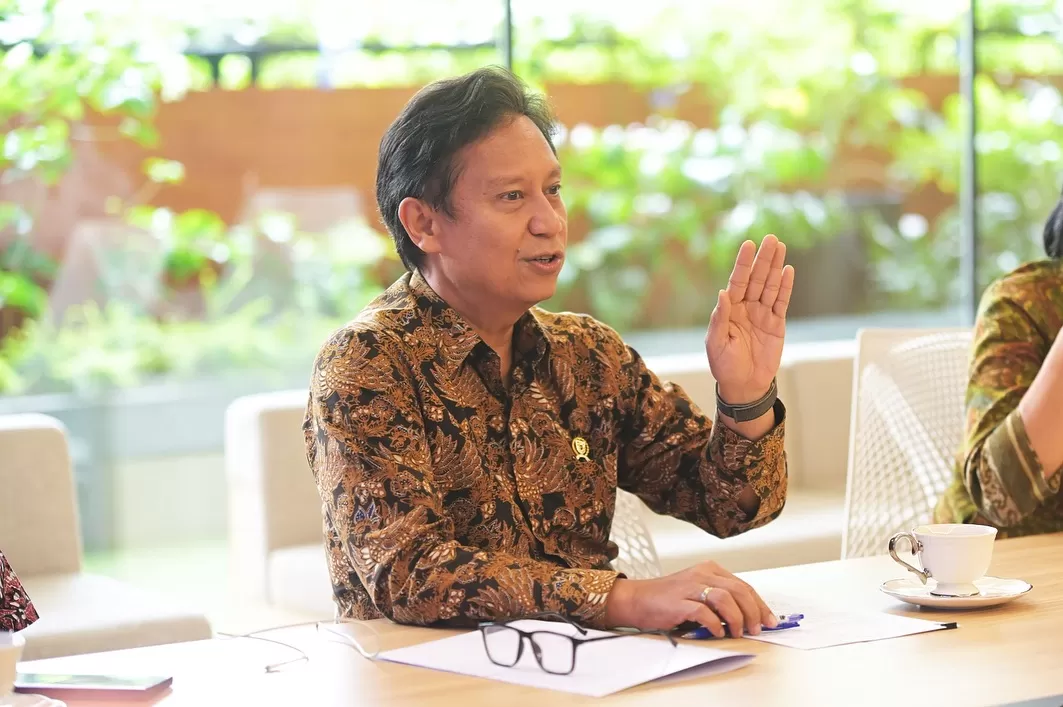Indonesia’s Health Crisis: Addressing Stunting, Obesity, and Noncommunicable Diseases
Indonesia faces a significant health crisis across all stages of life, according to Health Minister Budi Gunadi Sadikin (BGS). During a coordination meeting on inflation control at the Ministry of Home Affairs on January 20, 2025, the Minister highlighted alarming statistics that reflect the country’s pressing health challenges.
In his presentation, BGS broke down the issues across different life stages. For infants, toddlers, and preschool children, stunting affects 21.5% of the population. Among school-age children and adolescents, 15.6% suffer from anemia, while 34.9% experience mental health issues. For adults and the elderly, 23.4% are obese, 30.8% have hypertension, and 24.3% suffer from high blood sugar.
Despite these alarming numbers, only 39.8% of Indonesians have undergone screenings for noncommunicable diseases (NCDs). This means 60.2% remain unaware of their health status, posing a significant risk to public health.
The Dangers of Neglecting Health Screenings
BGS revealed another concerning statistic: a majority of Indonesians over the age of 20 do not routinely monitor their health. Specifically:
- 80.82% have never measured their waist circumference.
- 62.6% have never checked their blood sugar levels.
- 61.6% have never tested their cholesterol levels.
- 36.61% have never monitored their weight.
- 32.6% have never checked their blood pressure.
The Minister emphasized that neglecting routine screenings often leads to premature deaths. For instance, untreated high blood sugar can silently cause damage to the eyes, kidneys, and cardiovascular system before resulting in life-threatening conditions like stroke or heart disease.
“High blood sugar is more dangerous than smoking,” BGS warned. “It starts small but escalates quickly, leading to kidney failure, strokes, and ultimately death.”
Cultural Shift Needed: Prevention Over Treatment
To combat these challenges, BGS urged Indonesians to shift their mindset from reactive to preventive healthcare. He emphasized that many fatal conditions, including stroke and heart disease, could be avoided through regular health monitoring and lifestyle changes.
For example, cholesterol management requires not only a healthy diet and regular exercise but also medication. The good news, according to BGS, is that cholesterol medication is available for free at local community health centers (Puskesmas).
“Don’t fear getting your blood drawn to check your cholesterol levels. Prevention is the key,” he stated.
A Paradigm Shift for Better Health
BGS stressed the importance of changing Indonesia’s healthcare paradigm. Instead of visiting doctors only when sick, people should proactively seek medical advice to maintain their health.
“Don’t think of healthcare as treating illness. Think of it as maintaining health and staying well,” he concluded.
As Indonesia grapples with these challenges, addressing the health crisis requires collective efforts from individuals, healthcare providers, and policymakers. Regular screenings, lifestyle changes, and a preventive mindset could significantly reduce the country’s health burden.
Read More






 Thursday, 05-02-26
Thursday, 05-02-26







